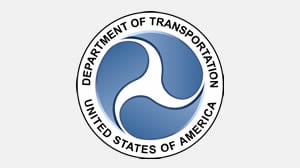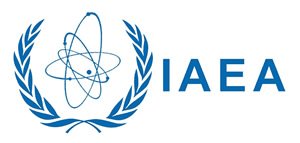RSS feed source: National Science Foundation
U.S. National Science Foundation
Directorate for Mathematical and Physical Sciences
Division of Mathematical Sciences
Directorate for Social, Behavioral and Economic Sciences
Division of Behavioral and Cognitive Sciences
Division of Social and Economic Sciences
Directorate for Biological Sciences
Division of Environmental Biology
National Institutes of Health
National Institute on Drug Abuse
Centers for Disease Control and Prevention
Coronavirus and Other Respiratory Viruses Division
Full Proposal Deadline(s) (due by 5 p.m. submitting organization’s local time):
July 14, 2025
Important Information And Revision Notes
The only changes are to the due dates and addition of CDC/CORVD as a partner agency. The members of the Working Group have been changed (with different contacts from SBE/BCS and NIH/NIDA, and addition of the POC from CDC).
Any proposal submitted in response to this solicitation should be submitted in accordance with the NSF Proposal & Award Policies & Procedures Guide (PAPPG) that is in effect for the relevant due date to which the proposal is
Click this link to continue reading the article on the source website.



